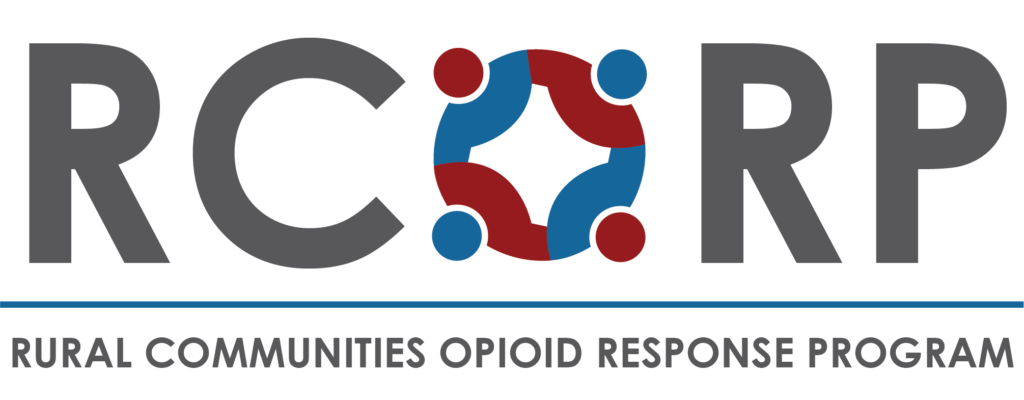UVM CORA Quarterly Newsletter
UVM CORA Quarterly Newsletter
Narcan Vending Machine Up and Running
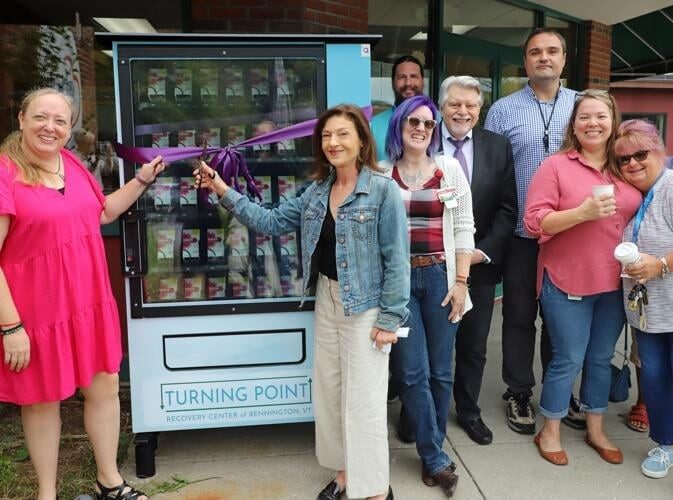
Narcan vending machine up and running in Bennington
Officials break ground on new women’s recovery center in Middlesboro
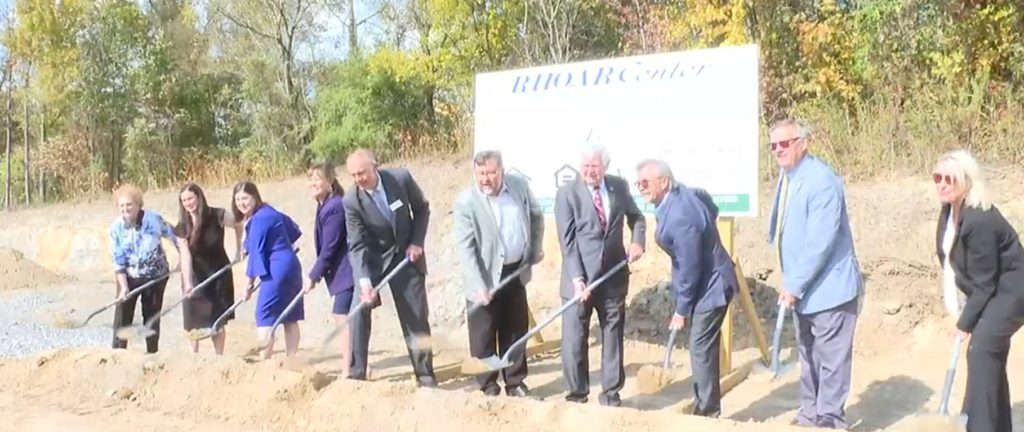
BELL COUNTY, Ky. (WYMT) – A new women’s long-term recovery center is coming to Middlesboro.
In Littleton, a vending machine makes naloxone available 24/7
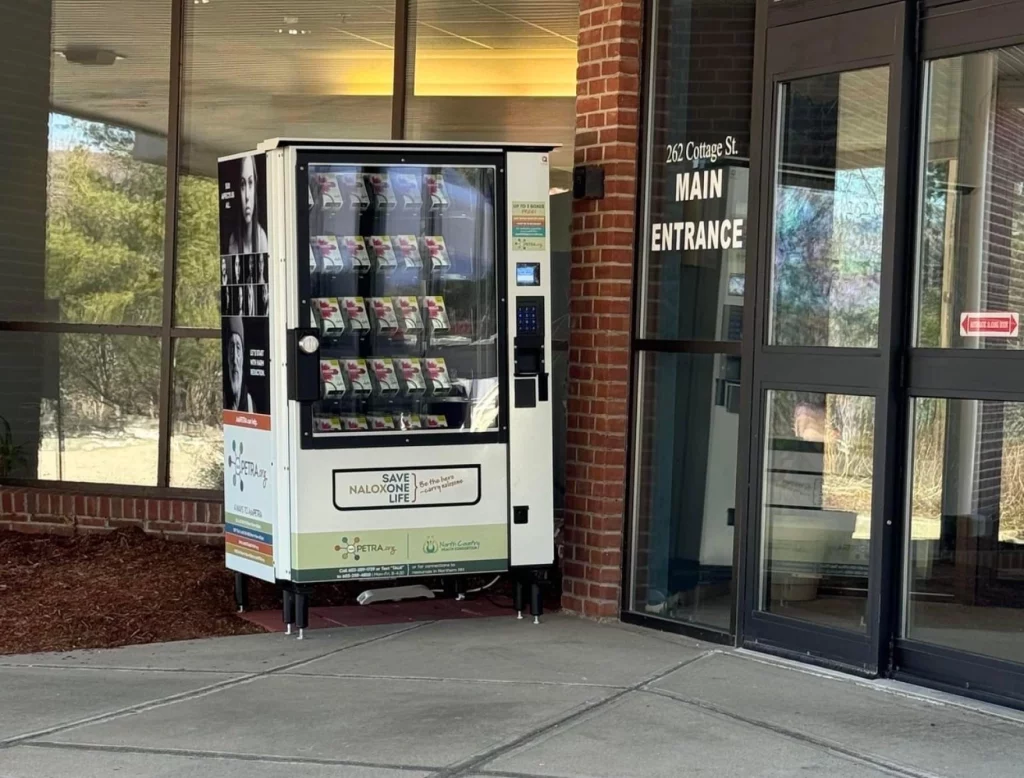
Article Link: https://www.nhpr.org/health/2024-04-11/in-littleton-a-vending-machine-makes-naloxone-available-24-7 People in Littleton can now get the overdose-reversal drug naloxone from a vending machine that’s open 24/7, part of an ongoing campaign to expand access to the life-saving medication. The device is outside the Mt. Eustis Commons office building on Cottage Street, across the street from the Littleton Food Coop. It looks like any […]
’A Crucial Public Health Tool’ | Mi’kmaq Nation Installs Lifesaving Vending Machine
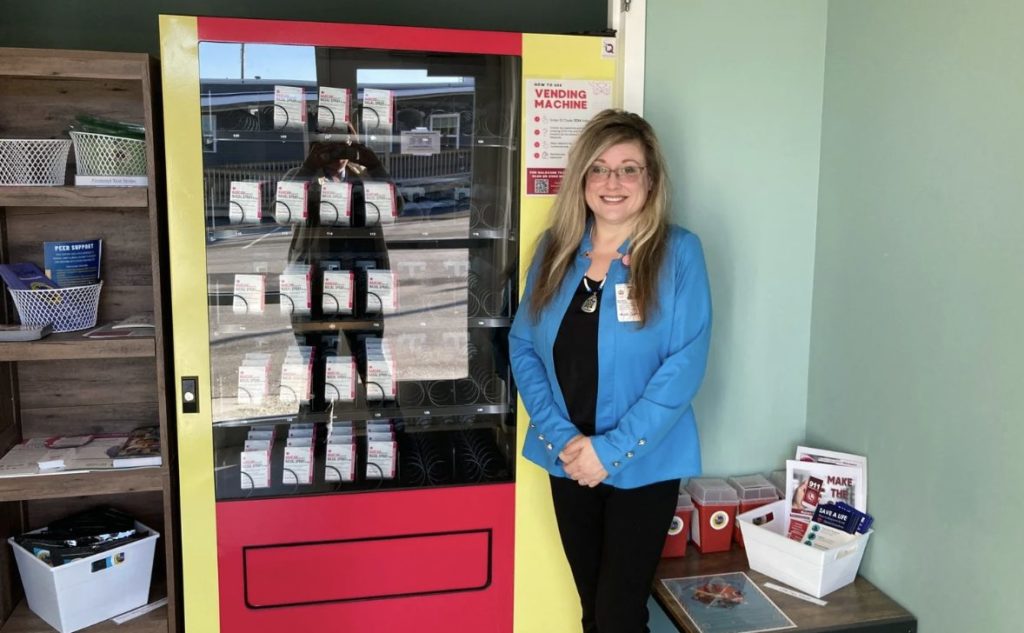
Article Link: https://nativenewsonline.net/health/a-crucial-public-health-tool-mi-kmaq-nation-installs-lifesaving-vending-machine In a rural northeastern Maine county with some of the state’s highest overdose rates, the Mi’kmaq Nation is using a vending machine to save the lives of its citizens and their non-Native neighbors. Mi’kmaq Nation Health Director Katie Espling with the tribe’s new vending machine that holds 300 doses of opioid reversal […]
Beckley to Become Nation’s First Inclusive Recovery City
Article Link: https://www.dominionpost.com/2024/03/01/beckley-to-become-nations-first-inclusive-recovery-city/ The City of Beckley will soon become the first Inclusive Recovery City (IRC) in the United States. On March 19, city, state, national and international leaders in recovery support will come together to sign a charter declaring Beckley as an IRC — the first in the nation, joining 26 other cities across […]
How Ready Is Your County to Help with Addiction Recovery?
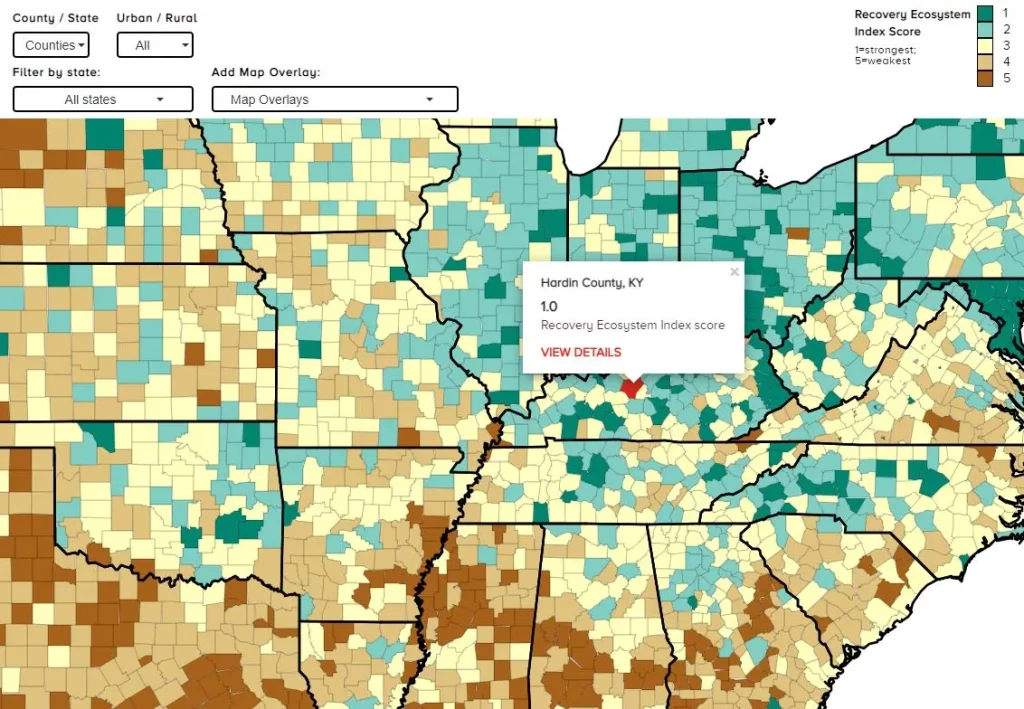
Article Link: https://dailyyonder.com/how-ready-is-your-county-to-help-with-addiction-recovery/2022/11/08/ When officials in Vine Grove, Kentucky, put out a vending machine filled with free opioid overdose reversal medication, they expected people in the 7,000-person strong community would use it. They just didn’t anticipate it being empty three days later. “We put one machine out 27 days ago,” said Keith Mattingly, police chief […]
Faith communities can respond to substance-use epidemic with hope
Article Link: https://www.umnews.org/en/news/faith-communities-can-respond-to-substance-use-epidemic-with-hope Fueled by isolation, loneliness and despair, the Substance Use Disorder epidemic continues to rage across America with over 100,000 overdose deaths recorded this past year. Even in the small West Virginia town where I live, I hear of numerous overdose deaths each week. But numbers don’t tell the whole story. Such “deaths […]
Former Governor’s Non-Profit Helps Drug Recovery Programs Succeed
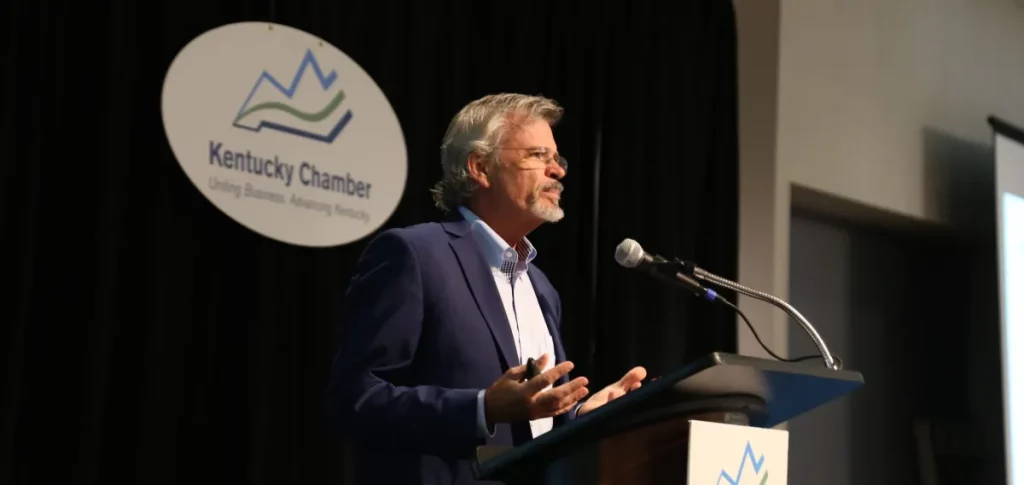
Article Link: https://dailyyonder.com/former-governors-non-profit-helps-drug-recovery-programs-be-succeed/2021/11/30/ For more than a year, Jay Phillips, executive director of Seed Sower, Inc., has worked to open a drug recovery program in rural Meadow Bridge, West Virginia. This year, the facility will open up with 11 beds for adult women in an area of the state where recovery facilities for women are […]
How this Innovative Recovery Housing Model is Addressing Substance Use in Rural Areas
Article link: https://givingcompass.org/article/recovery-housing-model With drug overdose deaths jumping by more than 20,000 to 93,000 last year, the need for safe, effective recovery housing has never been greater. That’s because the internal and external resources needed to initiate, stabilize, and sustain long-term recovery are virtually impossible to develop without it. The challenge is even greater in rural […]

